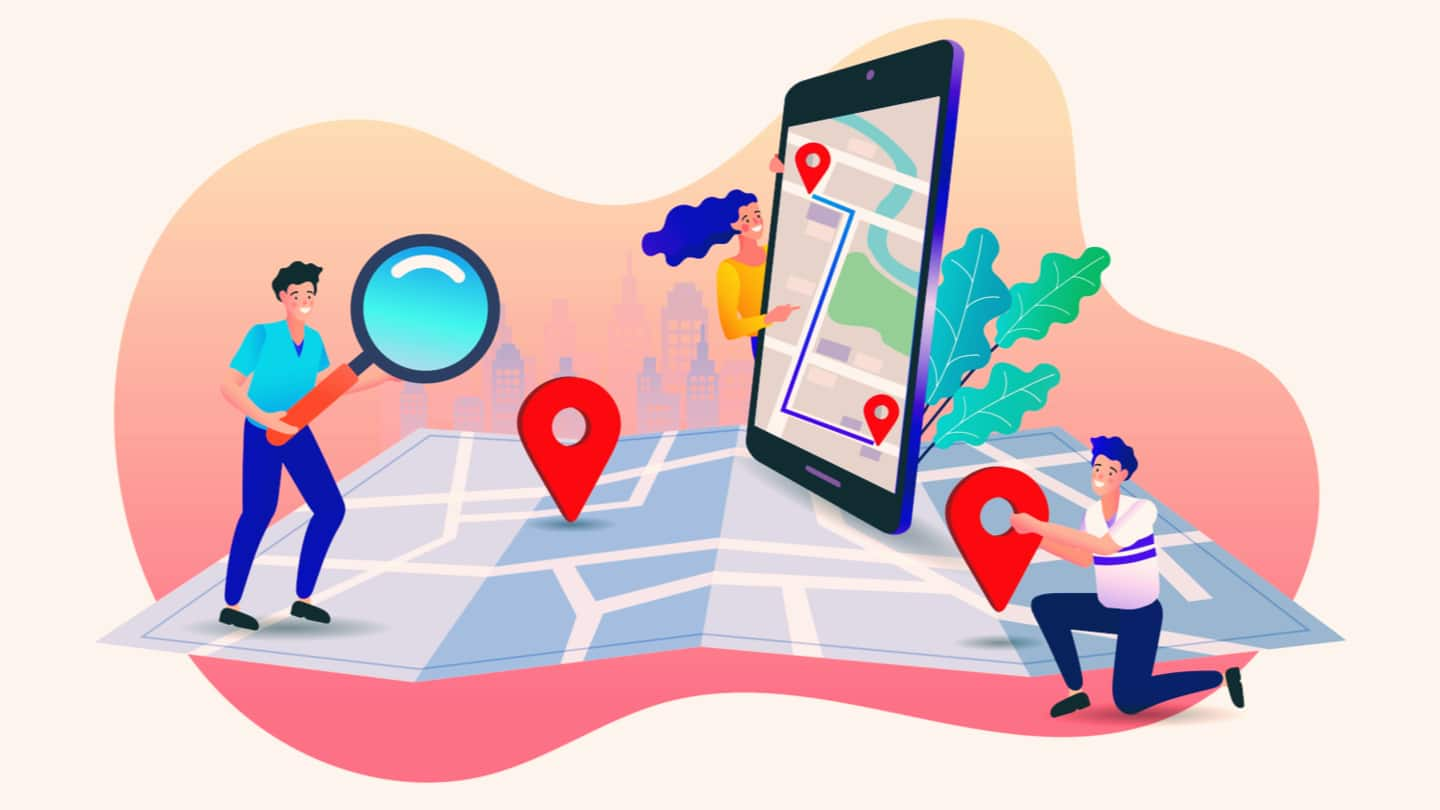
Google Maps will offer real-time navigation only to crowdsourcing contributors
What's the story
Soon after hinting at the possibility of bringing a Waze feature to Google Maps, the latter has begun pushing notifications to Android and iOS users of the app that explain how crowdsourced data is key to navigation and mapping.
The prompt will let Google Maps decide if it can continue counting you in on its data crowdsourcing system, or not.
Here are more details.
Community service
Google promises not to collect personal identifiers with GPS data
9to5Google reported that Google Maps' vibrant notification titled "How navigation data makes Maps better" explains that "Google uses your and other people's data to improve Maps for everyone."
The notification clarifies that the GPS location and route details collected will "not be associated with your Google Account or device".
However, we can't independently verify this claim.
Crowdsourced
Your data contribution will help Maps users navigate smarter
Google Maps' full-screen notification explains that the data collected from you will be used to help other Maps users with real-time traffic information such as route congestion and disruptions, thus helping other Maps users.
Google Maps has been crowdsourcing data for years. The new notification could have been prompted by the privacy-centric changes that the company announced at Google I/O in May.
Two ways out
Google Maps will replace real-time navigation with list of instructions
Google's new notification, displayed when you seek navigation to a location, has two buttons called "Cancel" and "Start".
If you click on "Start," you can continue using Maps as usual. However, clicking "Cancel" would instantly deprive you of live turn-by-turn navigation with voice instructions from that moment forward.
Instead, you will see a step-by-step list of turns that guides you to your chosen destination.
Trust
Google promises to keep data collection anonymous, but who's checking?
These prompts have already begun rolling out for Google Maps users on both Android and iOS.
While anonymous data collection isn't a bad thing to help improve services, it isn't exactly comforting to know that you will have to take Google's word for keeping your data confidential behind the scenes.
Worryingly, GPS data isn't limited to data detailing where you are.
What data?
GPS data isn't just where you are, it's much more
Google's location data collection includes knowing where you are headed, how long it will take you to get there, how traffic is around you, which direction you're facing, and what mode of transport you're using.
While your location data won't be of much use independently, Google Maps will be able to continue collecting data from billions of users worldwide, helping it maintain information's accuracy.